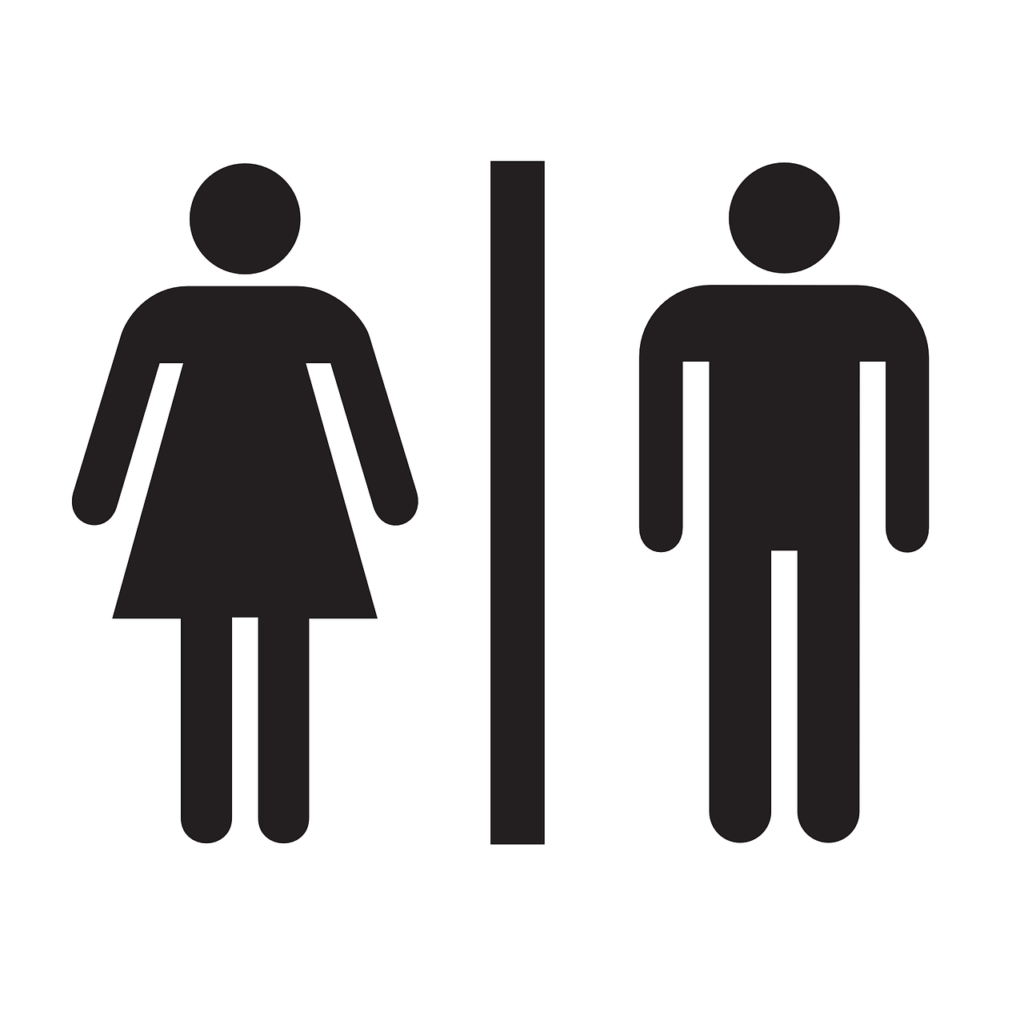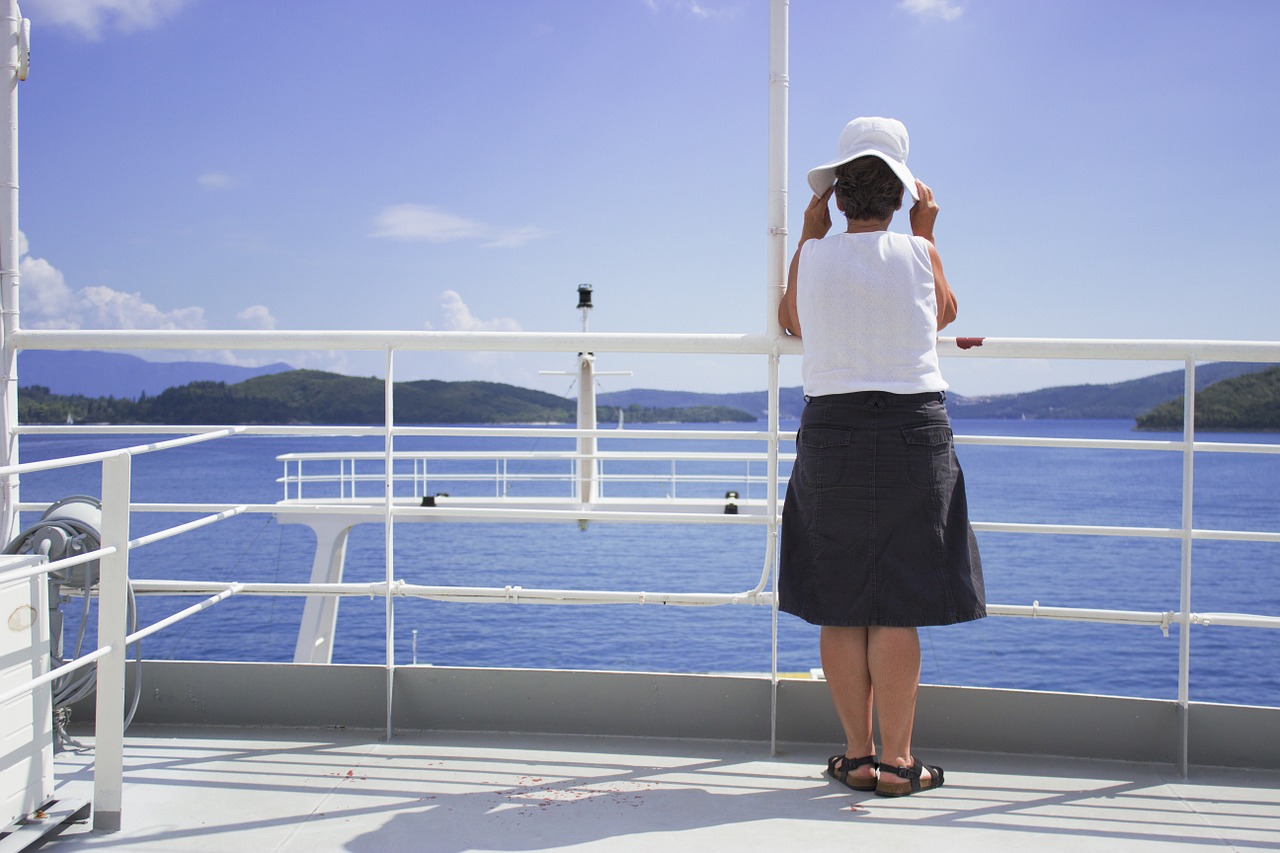If you’re a woman in your fifties there’s a fair chance you’re one of the many living with incontinence after the menopause. Read on ….
What happens to the body during the menopause?
Many things happen to the body during the menopause and some of these have an impact on continence. As women go through and come out of the menopause, oestrogen levels natural start to decline, which in turn has an impact on the strength and elasticity of vaginal tissue as well as the urethra and bladder, ultimately providing less support.
Types Of Incontinence After The Menopause
There are a couple of different types of incontinence that can develop during and after the menopause.
Stress incontinence – this is the most common type and occurs when you put your bladder under pressure from exertion and activity such as exercise, laughing, coughing and sneezing.
Urge incontinence – this is an uncontrollable need to urinate and is sometimes referred to as an overactive bladder, leaving women with little time to make it to the loo.
Nocturia – this is when women regularly need to use the toilet during the night.
The Embarrassment Factor
There are many practical ways you can help to manage incontinence but it’s also important to talk about the condition, whether to your partner, doctor or friends. Incontinence has a reputation for being an embarrassing topic of conversation and research by Ontex found that nearly half of the women surveyed (48%) are too embarrassed to talk to their friends about bladder weakness yet only 18% are embarrassed to talk to their GP. In fact, women are more embarrassed to talk to their partner about bladder weakness than any other condition.
So, who are women talking to? It seems that it’s their nearest and dearest who are the last people women will go to for advice or support with four in ten women saying they would seek advice about it from the internet, but only 2% saying they would go to a friend.
Ontex believes women and men should talk more openly about the topic and spoke to Karen Irwin, Manager and Specialist Nurse for Bladder & Bowel UK who said:
“In our modern society it’s surprising that attitudes towards bladder weakness still aren’t really evolving and women don’t even feel they can talk to each other about it. I can’t stress enough that people should not feel embarrassed. It is important for both men and women to seek advice and solutions.
 Top Tips For Managing Incontinence
Top Tips For Managing Incontinence
- Fluid Intake
Drinking sufficient fluids each day is essential for maintaining a healthy bladder. If you don’t drink enough your bladder will become overly sensitive. Try to drink at least 6-8 glasses of fluids each day.
If you don’t drink enough your bladder will become more sensitive to smaller amounts of urine, which means you will go to the toilet more frequently.
- Drinks to Avoid
It is advisable to avoid certain types of drinks, such as tea, coffee, cola and chocolate, as they contain caffeine which can irritate the bladder. An irritated bladder becomes overactive, which makes you feel as though you need to empty your bladder when it is not full.
- Healthy Eating
Eat a balanced diet, not too high in fat and with plenty of fibre. Eat at least five portions of fruit and vegetables each day. Being overweight can make bladder problems worse.
- Smoking
A ‘smokers cough’ can place extra pressure on the muscles of the pelvic floor, increasing your chances of experiencing stress incontinence.
- Inform Your GP
It is a good idea to notify your GP if you are experiencing bladder weakness for the first time or if you already have bladder weakness and it has become worse.




